Planning for Long-Term Home Care Expenses
When budgeting for a home, many buyers focus on the purchase price but overlook long-term maintenance. Every home, new or old, requires ongoing care to stay in good shape. Roofs, appliances, plumbing, and exterior materials all have lifespans. Setting aside funds for these needs can prevent financial stress later. A good rule of thumb is to budget one to two percent of the home’s value for yearly upkeep. This money covers things like minor repairs, seasonal maintenance, and replacements. Ignoring maintenance can lead to larger, more expensive problems down the line. Regular upkeep also helps preserve the home’s value over time. When planning your budget, think beyond mortgage and taxes—include the cost of caring for what you buy.
Make a list of major systems in the home and when they might need attention. For example, water heaters, HVAC systems, and roofs each have average replacement timelines. Understanding these helps you plan ahead for big expenses. It’s also useful to research local repair costs to estimate potential future spending. Even small recurring tasks, like gutter cleaning or sealing driveways, add up yearly. Budgeting for them prevents surprises. Some homeowners create a separate savings account for maintenance to keep it organized. This simple habit ensures that money is available when needed. Treating maintenance as part of ownership, not an afterthought, keeps finances stable.
When buying an older home, maintenance planning becomes even more important. Inspections can reveal upcoming repairs or replacements. Ask sellers or agents for maintenance records to get a better idea of what’s been done. Homes in certain climates may also need more care due to weather. Consider how humidity, snow, or sun exposure affects materials over time. These small factors influence your total long-term costs. Preventive maintenance—like cleaning filters or checking seals—extends lifespan and saves money. A little attention each season can add years to your home’s systems. Planning ahead means fewer emergencies and more predictable expenses.
Thinking about maintenance before buying helps you make a more informed decision. It allows you to budget realistically and avoid overextending financially. Many homeowners focus on upgrades but forget the cost of upkeep. Factoring it in from the start sets clear expectations and reduces stress. Over time, consistent maintenance supports comfort, safety, and property value. Homes are long-term commitments, and financial readiness makes ownership smoother. Understanding this connection helps you enjoy your home with fewer surprises.
Categories
Recent Posts


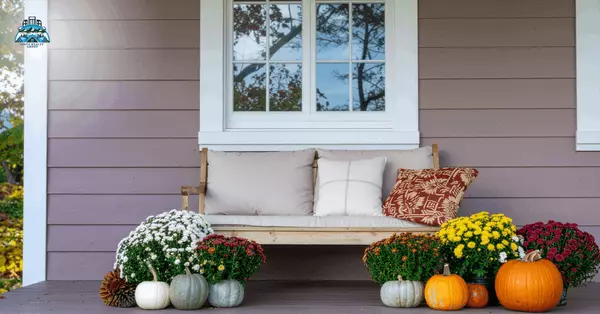
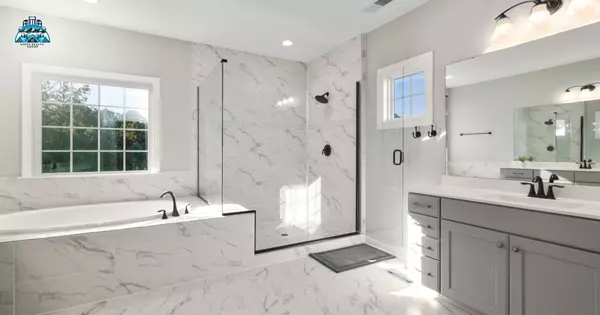
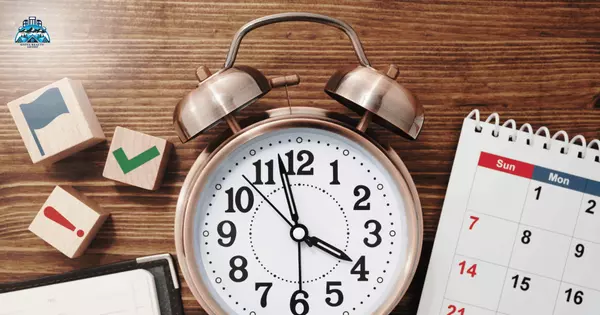
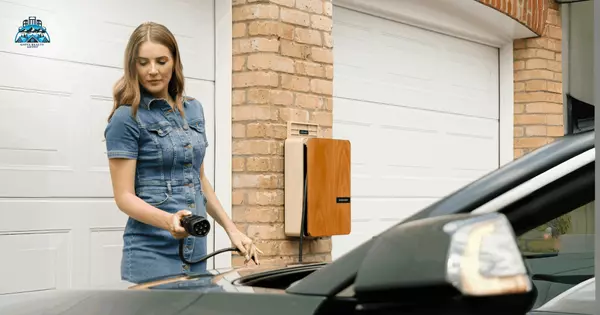

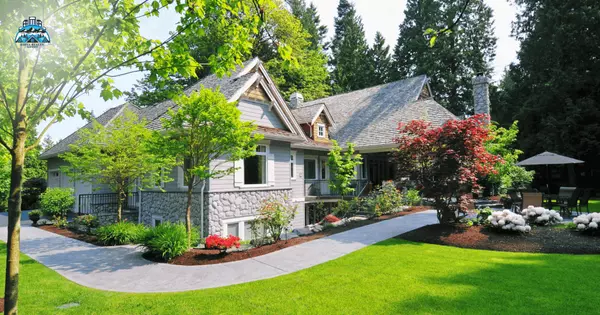

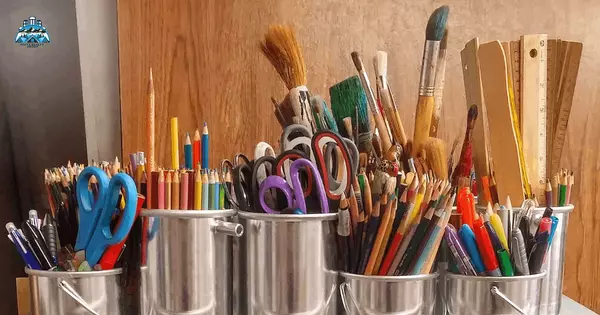
GET MORE INFORMATION


